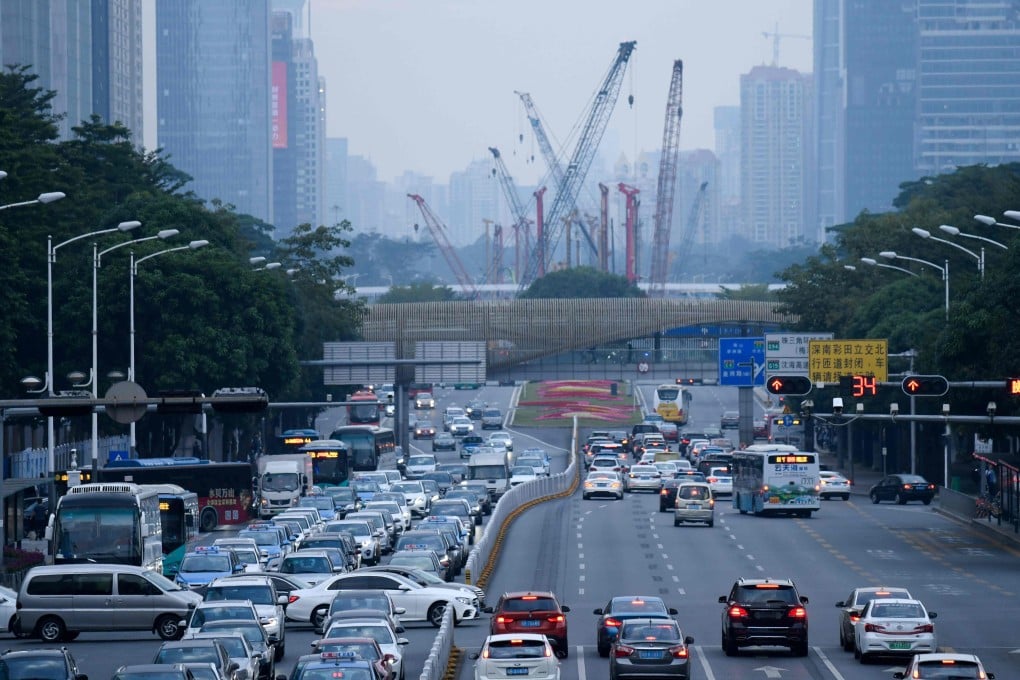China’s billionaire factory Shenzhen faces new risks in Donald Trump era
- Many of city’s tycoons have been hit by ‘wealth rout’ in Chinese internet stocks that was driven by the trade war

Shenzhen, ground zero for China’s economic opening, has never had it better. But the glittering megacity is also poised to face a string of new threats in an era of increasingly contentious international relations.
The Chinese city, in the Pearl River Delta north of Hong Kong, will feature in celebrations this week of the 40th anniversary of economic reforms that spurred astonishing growth for China. The great opening up, as it is known, transformed a village of fishermen and rice farmers into a thriving metropolitan area, home to hundreds of companies, including eight controlled by tycoons who are among the world’s 500 wealthiest people and together worth US$110 billion, according to the Bloomberg Billionaires Index.
They include Tencent Holdings Ltd’s Pony Ma and Wang Chuan-fu, who started BYD Co, which produces more electric vehicles than Tesla. And they are among the powerful across China who must steer their businesses through new challenges. The tariffs US President Donald Trump imposed on Chinese goods are weighing on the whole country’s economy.
Chinese stocks dropped earlier this month after Meng Wanzhou, chief financial officer of Shenzhen-based Huawei Technologies and daughter of the telecom giant’s billionaire founder, was arrested in Canada on December 1 at the request of the US, which has accused her of violating sanctions on Iran. The technology-heavy Shenzhen Composite Index is down about 30 per cent for the year, heading for its worst performance since 2011.
“The entrepreneurs in Shenzhen and other places face heavy headwinds in the next few years,” said Liu Jing, professor of accounting and finance at the Cheung Kong Graduate School of Business in Beijing. “They face a possibility that the global markets will no longer remain open and there’ll be insufficient domestic demand.”
That is not to say that Shenzhen has not been booming as it produces everything from air-conditioning units to smartphones. Its gross domestic product is projected to reach US$350 billion in 2018.
But many of the city’s tycoons had already been hit, to one degree or another, by the 2018 “wealth rout” in Chinese internet stocks that was driven by the trade war, weakening advertising revenue for online businesses and worries over a slowdown in economic growth, said Chelsey Tam, an analyst at Morningstar Investment Service.